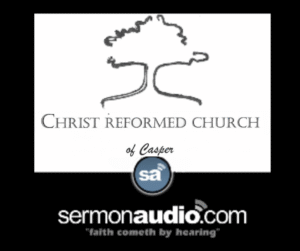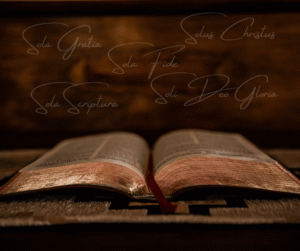Fencing the Table
The Lord’s Supper is a symbol and sacrament of the believer’s union and participation in Christ and in His death. In 1 Corinthians 10, Paul says, “The bread which we break, is it not the communion of the body of Christ?” The word “communion” there indicates a communal participation, that we as a fellowship, as a body, receive from Christ the blessings and benefits of His life, death and resurrection. This is what it means to eat His flesh and drink His blood- that by faith, we are strengthened and blessed by the life of Christ, worked in us spiritually. When we understand this concept,Read More →

